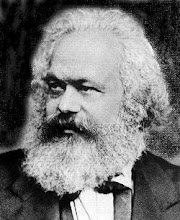 0
comments
Saturday, 25 August 2012
0
comments
Saturday, 25 August 2012
Dear Sir/Madam,
I have devotedly followed your website and facebook page ever since your
'champion' academic beard was that of my beloved PhD supervisor, Prof
Keith Beven. Whilst I can never claim to ever rival his
'bearded' excellence, I do have a beard of my own - would it be possible
to be cited in your journal of academic facial pubes? It would mean a
lot to both myself and my folically-challenged students... (two, albeit
weak, ginger beard photos attached)
I did send a similar email to the Royal Society on my non-beard related
excellence - they suggested that I go and procreate... You are truly my
last hope of achieving any distinguished recognition in my field.
Best wishes, Stewart
A/Prof Stewart W. Franks
School of Engineering
University of Newcastle
http://www.newcastle.edu.au/staff/research-profile/Stewart_Franks/
Our Reply:
Dear A/Prof Stewart W. Franks,
Sorted. Say 'hi' to Prof Keith next time you see him. We've never met him, but he feels like an old friend by now (he's still our Twitter beard of choice).
Can we ask for a small service from you in return, which will benefit the whole community? Can you put in a request that your university media office includes releases from http://academicbeards.blogspot.co.uk/ in its media reports. We fear that press officers fail to understand the full gravity of our attention.
Yours,
Academic Beards























